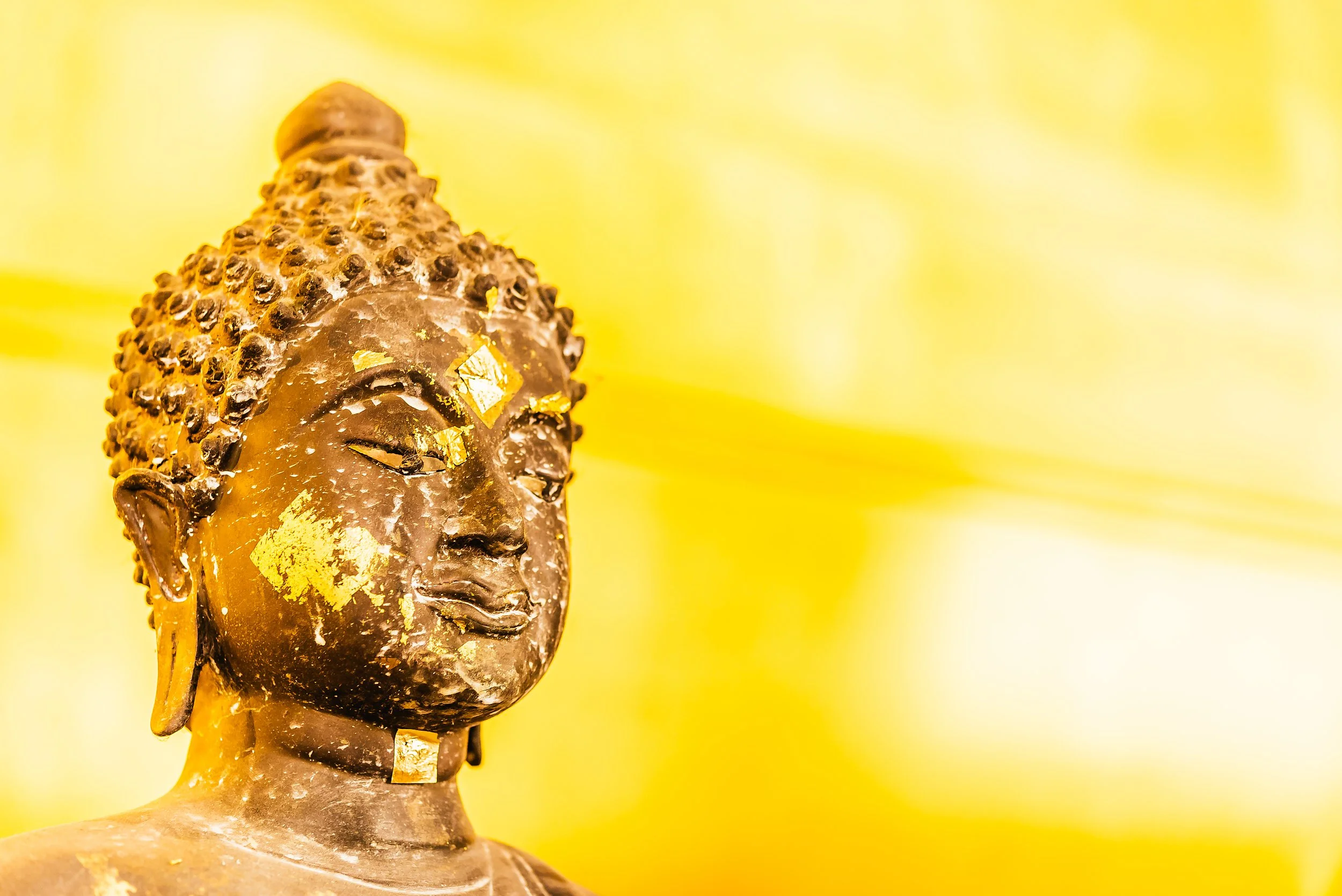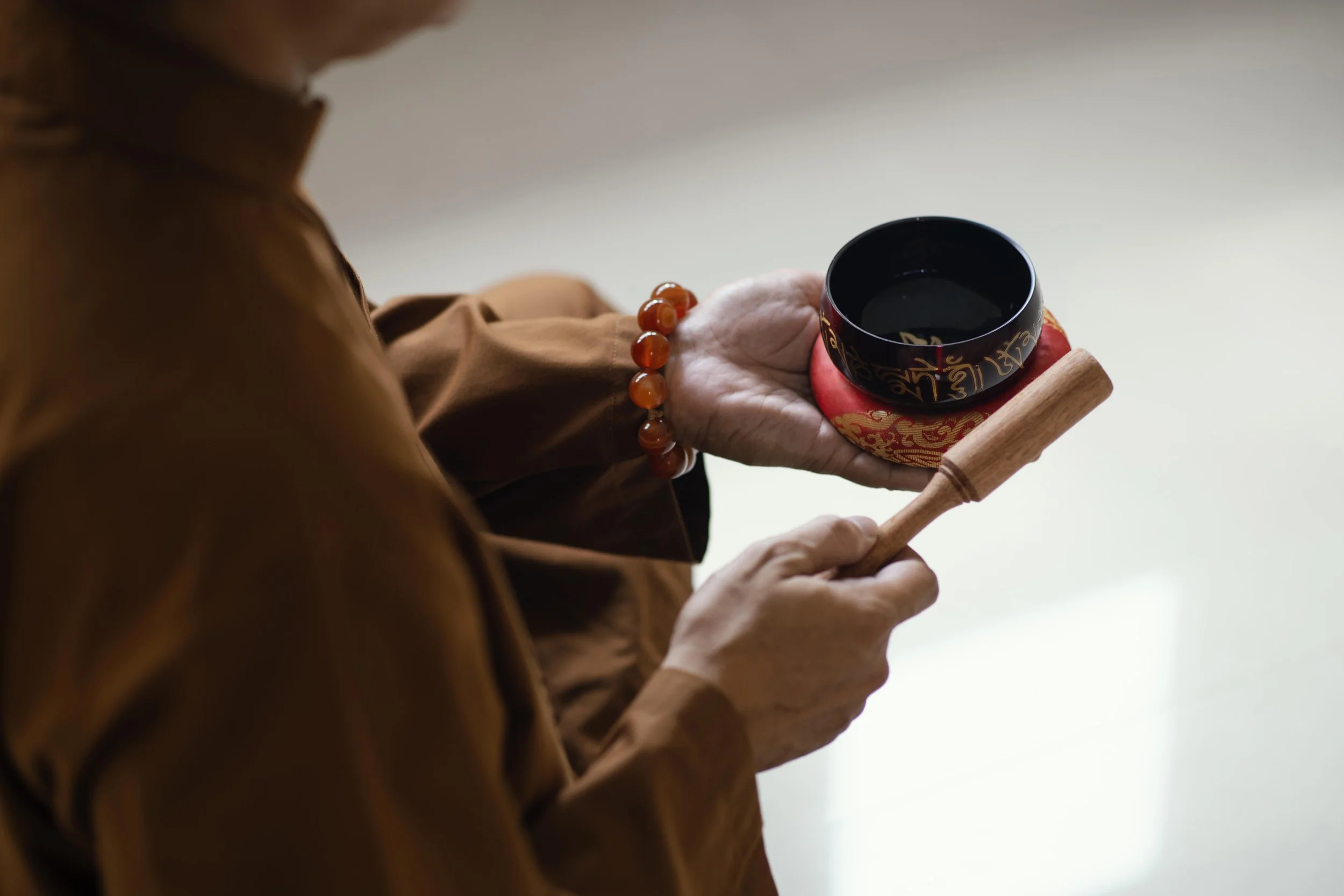Navigating the Sacred Passage: A Comparison of Buddhist and Taoist Funeral Services in Singapore
Singapore, a vibrant tapestry of cultures and beliefs, offers a unique lens through which to observe the diverse ways communities honor their departed. Among the myriad traditions, the funeral rites of Buddhism and Taoism stand out, each steeped in distinct philosophies and practices. While both aim to provide a dignified send-off, understanding their nuances is crucial for those seeking to pay their respects or arrange a service. This article delves into the heart of Buddhist funeral services and Taoist funeral services in Singapore, highlighting their core tenets, rituals, and the profound differences that set them apart.
The Serene Path of a Singapore Buddhist Funeral
At the heart of a Singapore Buddhist funeral lies the profound belief in reincarnation and the impermanence of life. Buddhists view death not as an end, but as a transition—a journey towards Nirvana. This philosophy shapes every aspect of the funeral process, emphasizing simplicity, solemnity, and a focus on spiritual merit-making for the deceased.
Key Aspects of Buddhist Funeral Services:
• Core Philosophy: Reincarnation and Impermanence.
Buddhists believe that death is not an end but a transition, a step closer to Nirvana. This fundamental belief guides the entire funeral process, which is characterized by simplicity, solemnity, and a focus on accumulating spiritual merit for the departed soul.
• Chanting and Prayers by Buddhist Monks.
A central and continuous element of Buddhist funeral services involves the chanting of sutras and prayers led by revered Buddhist monks. These chants are believed to guide the soul through the transitional bardo state and foster good karma. The ceremony often begins with the resonating sound of gongs or bells, creating an atmosphere of deep reverence. Families typically present a cloth to the officiating monks as a gesture of gratitude for their spiritual support.
• Open Casket Viewing for Respect.
The practice of an open casket viewing is common, providing family and friends a final opportunity to pay their respects. The casket is usually accompanied by an altar adorned with a photograph of the deceased and an image of Buddha, serving as a focal point for remembrance and reflection. Mourners often bow slightly towards the loved one, acknowledging the impermanence of life.
• Symbolic Offerings.
Simple offerings are a significant part of the rites. Fresh flowers, symbolizing life's impermanence, and fruits are commonly offered. Incense sticks are lit, filling the air with fragrant scents, believed to purify the surroundings and assist the soul's journey. Vegetarian food is frequently served, serving as a reminder of compassion towards all beings.
• Solemn Funeral Procession and Buddhist Hearse.
The funeral procession in a Singapore Buddhist funeral is a solemn and dignified affair. After the casket is sealed, family members may assist in lifting it as a final act of service. The mourners then form a procession, accompanying the deceased to the crematorium or burial site. The Buddhist hearse, often a premium and elegant vehicle, carries the casket, with family members sometimes walking behind it as a final tribute. The focus remains on a peaceful transition, with chanting music sometimes played during this last journey.
• Extended Post-Funeral Rites.
Buddhist families observe extended mourning periods, holding additional services on specific days such as the 3rd, 7th, 49th, and 100th days after death. These post-funeral arrangements provide crucial opportunities for family and friends to gather, offer prayers, and support one another through the grieving process. The handling of ashes or remains typically involves placing them in an urn, which may then be stored in a columbarium niche or scattered during a sea burial, often utilizing biodegradable urns. Condolences and sympathy messages are offered to the bereaved family, acknowledging their grief while affirming the Buddhist understanding of life and death.
The Vibrant Traditions of a Taoist Funeral in Singapore
In contrast to the serene nature of Buddhist funerals, Taoist funeral services in Singapore are often characterized by their vibrant and elaborate rituals, deeply rooted in the principles of filial piety and ensuring a comfortable journey for the deceased into the afterlife. Taoism emphasizes harmony with nature and the universe, and its funeral customs reflect a strong belief in the spiritual realm and the importance of appeasing deities and ancestors.
Key Aspects of Taoist Funeral Services:
• Core Philosophy: Filial Piety and Afterlife Comfort.
Taoist funerals are deeply rooted in the principle of filial piety, focusing on ensuring the deceased has a comfortable and peaceful journey into the afterlife. This involves appeasing deities and ancestors, and guiding the soul through the spiritual realm.
• The Crucial Role of the Taoist Priest.
A central figure in a Taoist funeral is the Taoist priest, who plays a crucial role in guiding the soul of the deceased and performing various rituals. These rituals, which often include prayers and meditation, are designed to help the deceased repent, find pardon from deities, and ensure a smooth transition to the spiritual world. It's important to note that specific customs can vary significantly among different Chinese dialect groups, such as Hokkien, Teochew, Cantonese, Hainanese, and Hakka.
• Symbolic Burning of Joss Paper.
A highly visible and significant practice in Taoist funerals is the burning of joss paper and other paper effigies. These can include hell money, paper cars, houses, phones, and televisions. The belief is that these items will accompany the loved one into the afterlife, providing them with comfort and necessities in the spirit world. This act of offering is a direct expression of filial piety and care for the departed.
• Dramatic Rituals like "Breaking the Hell's Gate".
For some dialect groups, particularly the Cantonese, a dramatic fire ritual known as "Breaking the Hell's Gate" may be performed. This ritual symbolizes the priest breaking down the doors of hell to rescue the deceased's soul and guide it towards reincarnation, ensuring it avoids suffering in the netherworld. Other rituals include the "Summoning of Soul," where the deceased's name is called out in hopes of resurrection, and ritual cleansing and burning of paper beside the coffin.
• Lively Taoist Funeral Procession.
The Taoist funeral procession is often a lively and grand affair, a stark contrast to its Buddhist counterpart. It typically involves a marching band playing loud music, which is believed to ward off evil spirits and announce the deceased's journey. The casket leads the procession, followed by family members who trail behind for a short distance before heading to the cremation or burial site. This procession symbolizes the last journey and send-off for the departed. For individuals who lived to a ripe old age (typically over 80 or 100), the funeral may even take on a celebratory tone, with the serving of longevity peach buns to commemorate a long and prosperous life.
• Funeral Etiquette and Comprehensive Services.
Attendees at a Taoist funeral are generally expected to wear darker colors, though white is also acceptable. Red is typically avoided as it signifies celebration. While offering joss sticks is common, a simple bow or moment of silence is also a respectful way to show condolences. Expressions of sympathy often include giving baijin (condolence money) and gifting sympathy stands, which can be floral or LED. Many Taoist funeral services in Singapore offer comprehensive packages that include professional embalming and makeup, dignified altar setups with fruits, candles, and the deceased's portrait, and various encoffin items. Funeral parlors are increasingly incorporating modern elements like wishing trees and memory books, allowing guests to leave messages and share anecdotes, adding a personal touch to the proceedings.
Key Differences at a Glance: Buddhist vs. Taoist Funerals
While both Buddhist and Taoist funeral services in Singapore are deeply meaningful, their approaches to honoring the deceased and facilitating their transition differ significantly. Here’s a concise comparison:
• Core Philosophy:
Buddhist funerals center on reincarnation, impermanence, and the journey to Nirvana. In contrast, Taoist funerals emphasize filial piety, ancestor veneration, and ensuring a comfortable afterlife.
• Atmosphere:
The atmosphere of a Buddhist funeral is typically serene, meditative, and solemn. This contrasts with the vibrant, lively, and often elaborate nature of Taoist services.
• Officiants:
Buddhist funerals are officiated by Buddhist monks, whereas Taoist funerals are led by Taoist priests.
• Key Rituals:
Key rituals in Buddhist services include chanting, meditation, and simple offerings of flowers and fruits. Taoist rituals often involve the burning of joss paper, dramatic fire rituals like "Breaking the Hell's Gate," and the summoning of the soul.
• Funeral Procession:
The funeral procession for Buddhists is solemn, dignified, and often quiet, featuring a Buddhist hearse. In contrast, the Taoist funeral procession is lively, often noisy with a marching band, believed to ward off evil spirits and announce the deceased's journey.
• Offerings:
Buddhist services use simple, symbolic items like fresh flowers, fruits, and incense. Taoist services utilize more elaborate paper effigies such as hell money, paper cars, houses, phones, and televisions, intended to provide comfort and necessities in the spirit world.
• Post-Funeral Practices:
Buddhist families observe specific mourning days (3rd, 7th, 49th, and 100th) and typically place ashes in a columbarium niche or scatter them during a sea burial. Taoist post-funeral focus is on continued support for the deceased in the afterlife, with rites that can be dialect-specific and aim to guide the soul's transition.
Conclusion
Navigating the complexities of funeral arrangements in Singapore requires an understanding of the diverse cultural and religious practices that shape them. Both Singapore Buddhist funeral and Taoist funeral Singapore traditions offer unique ways to honor the departed, reflecting deeply held beliefs about life, death, and the afterlife. From the serene chants of Buddhist monks guiding a soul towards Nirvana to the vibrant rituals of Taoist priests ensuring a comfortable journey for the deceased, each service is a profound expression of love and respect.
By understanding these distinctions, whether you are arranging a service or attending as a mourner, you can approach these sacred passages with greater empathy and respect. The rich tapestry of funeral customs in Singapore underscores the nation’s multicultural identity, where every farewell is a testament to enduring traditions and the enduring bond between the living and the departed. For those seeking Buddhist funeral services or Taoist funeral services, knowing these differences empowers you to make informed decisions and participate meaningfully in these significant rites of passage. Looking for a funeral service provider in Singapore? Check out Funeral Home Team!



